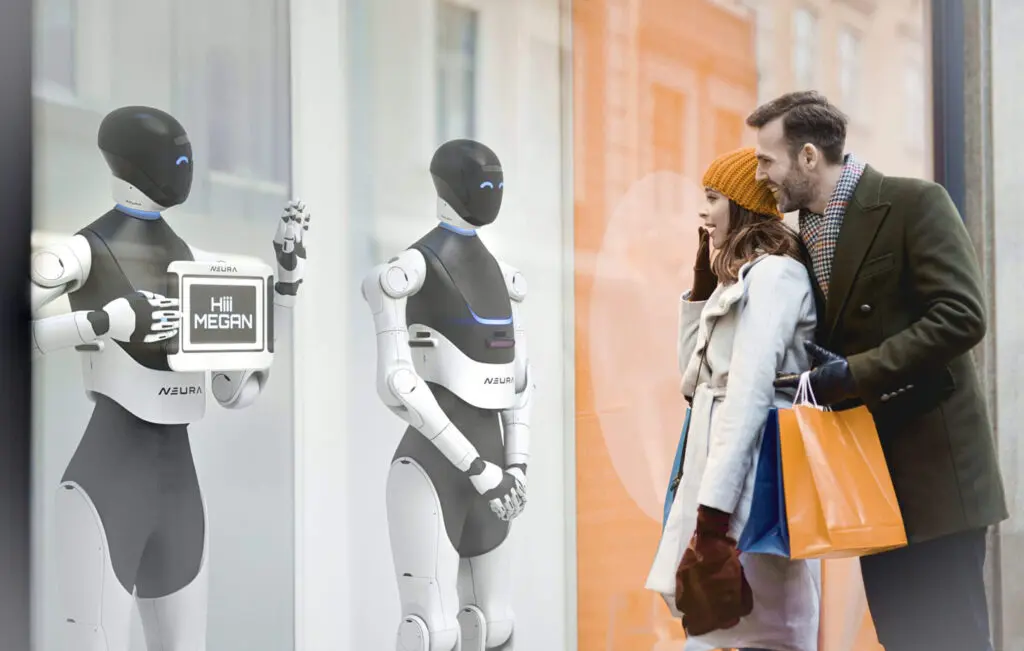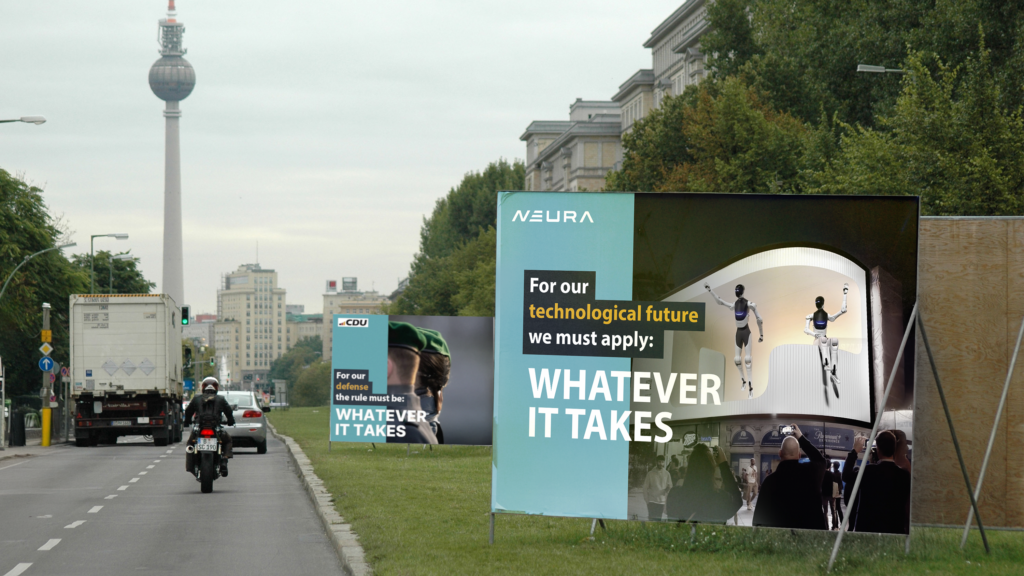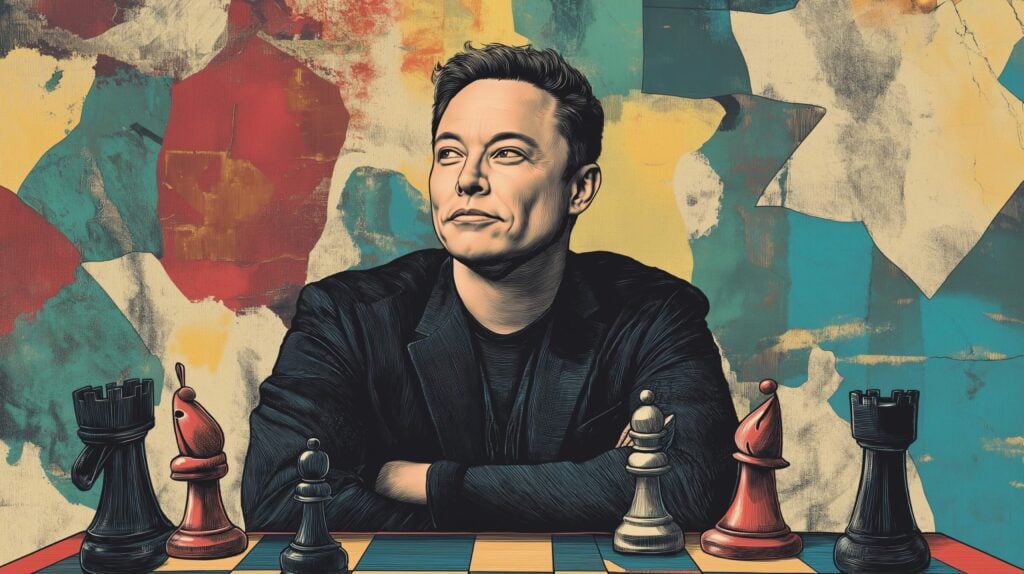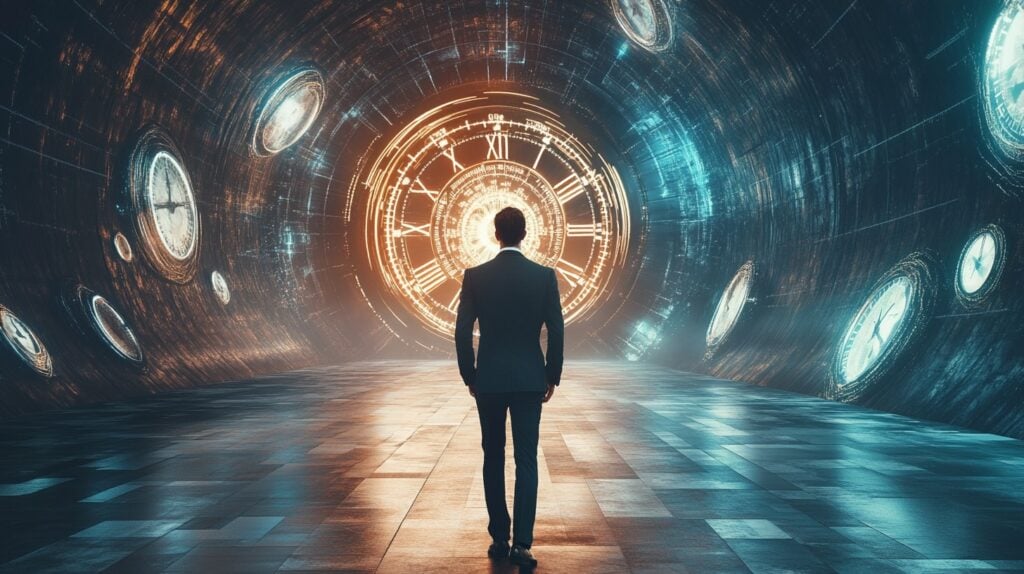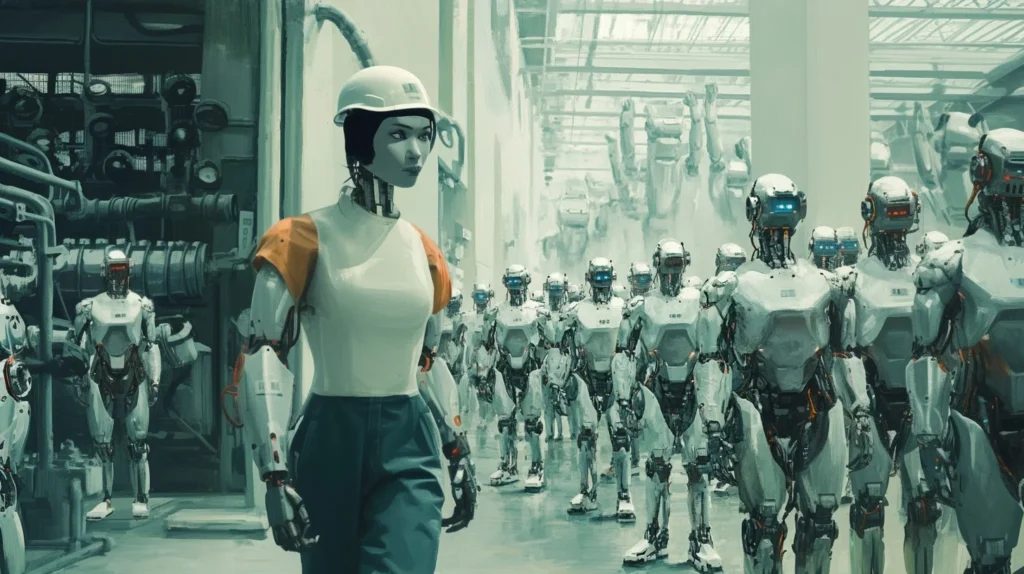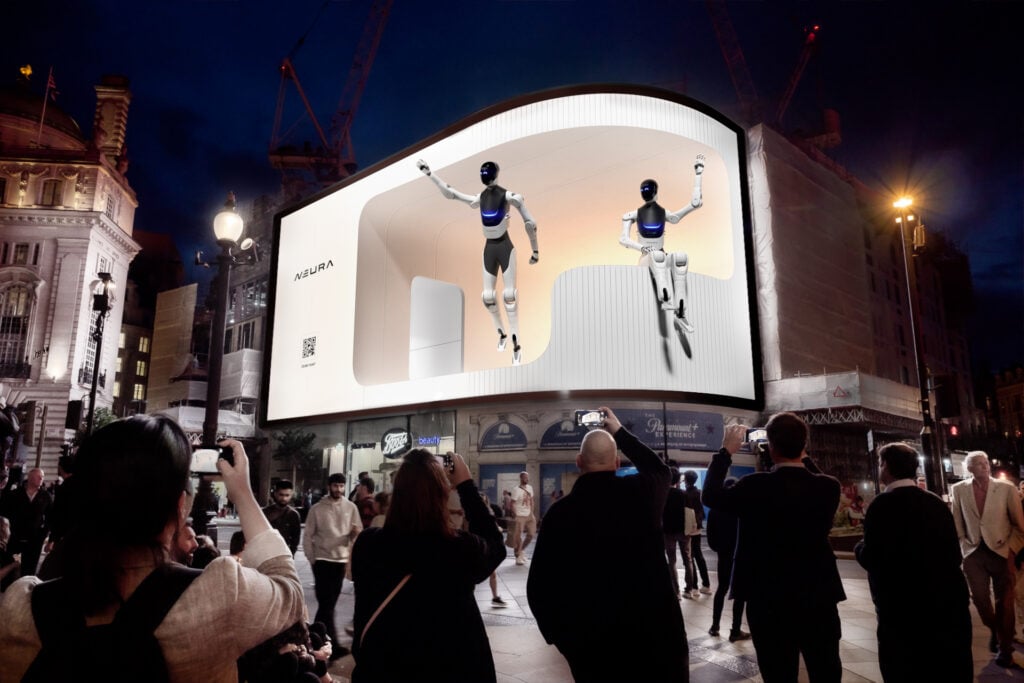Indeed, studies show that the actual fear of robots in the workplace is quite low. In contrast, the fear of AI is actually on the rise. However, artificial intelligence is a key reason why cognitive robots will play as significant a role in our daily lives in the future as our smartphones do today. Therefore, I find it extremely important to question the concerns related to robotics and AI in order to understand and address their causes.
The Fear of the Unknown
Certainly, there’s a fundamental phenomenon at play: the instinctive fear of humans towards the unknown. We approach anything new and different with the utmost caution. This behavior is as old as humanity and helped us survive through history. AI and robots represent something completely new and signify an unknown future. But unlike wild predators, they are created by humans. So, we must ask: If this feeling of anxiety isn’t natural, where does it come from?
Misrepresentation 1: The bad Robot – Made in Hollywood
For those not dealing with robotics on a daily basis – which is most people – knowledge of robots comes primarily from the entertainment industry. Hollywood has had a significant influence on the values and fears of the Western world for about a hundred years. Unfortunately, entertainment needs to be thrilling to be successful at the box office. Typically, this requires a villain or adversary, who is usually powerful and seemingly invincible. Without such a challenge, there would be no story for the heroes. As Hollywood constantly searches for new threats to create more suspense, filmmakers have identified machines, and later robots or AI, as the perfect evolution of the human antagonist. This Hollywood portrayal of threatening machines has shaped several generations from a young age. It has seeped into our collective subconscious. Movies like “Terminator” and “Ex Machina,” or more recently “The Creator,” generate dystopian scenarios. Seemingly evil robots and overpowering artificial intelligences develop their own agendas and threaten humanity. These films reinforce irrational fears and foster distrust towards machines – even though the stories are often completely unrealistic, to put it mildly. In these times of entertainment saturation, it’s evidently more necessary to distinguish between fiction and reality. This applies not only to individuals but also to the media in its reporting. And I wish Hollywood would try more often to derive suspense from reality. And reality is that even robots with AI do not possess souls or follow a hidden agenda. A robot with advanced AI only does what humans allow it to. And that’s precisely my point: The responsibility for robots’ behavior always lies with the humans who create them. Some films, like “I, Robot,” also explore this question.
For me, robots are nothing more or less than helpful tools that take work off our hands and give us more time for humanity. They are no more dangerous than a hammer. In fact, you can’t program a hammer to never harm a human. Anyone who has ever hit their finger with a hammer can attest to that.
Misrepresentation 2: Robots as Job Killers
Back to reality: The public debate has been stirring fears for decades that machines and robots will take our jobs. But is that true? No! Of course, automation – even when the assembly line was invented – had short-term effects on the demand for certain professions, and certain jobs no longer needed to be done by humans. But what kind of jobs were they? These were usually tasks where humans were essentially used as machines or robots. Shortly after, new job fields emerged due to increased productivity. Why is it rarely or never emphasized in this debate that new technologies always create new opportunities and jobs? And such jobs are less dangerous, less strenuous, and moreover, better paid. Nowadays, the reality in the job market is quite different: many jobs lack human workers because nobody wants to do them. If we don’t soon receive support from robotics and AI and create the necessary legal framework for it, we will see more problems and stagnation in society.
Are we lousy passengers?
One thing remains: the fear of losing control. Many feel less safe in airplanes than behind the wheel of their own car – even though statistics prove this feeling is unfounded. The idea of autonomous robots making independent decisions awakens this fear of losing control. We only truly trust things we fully understand and control. This means we need to report on robotics and AI more factually and better, inform and educate people. And, of course, publicly discuss and answer important ethical questions. For example, machines should not make moral decisions. Only with facts and knowledge can robotics gain the public’s trust.
We Need a New Image of Robots
Robots are not what Hollywood and the media repeatedly try to sell us. Rather, robots – including the upcoming generation of cognitive robots – are modern tools with complex effects on society. In my opinion, the positive aspects clearly outweigh the negatives. With education, transparent communication, and responsible political and corporate decisions, we can contribute to painting a positive image of robots. We should start doing
so as soon as possible.
